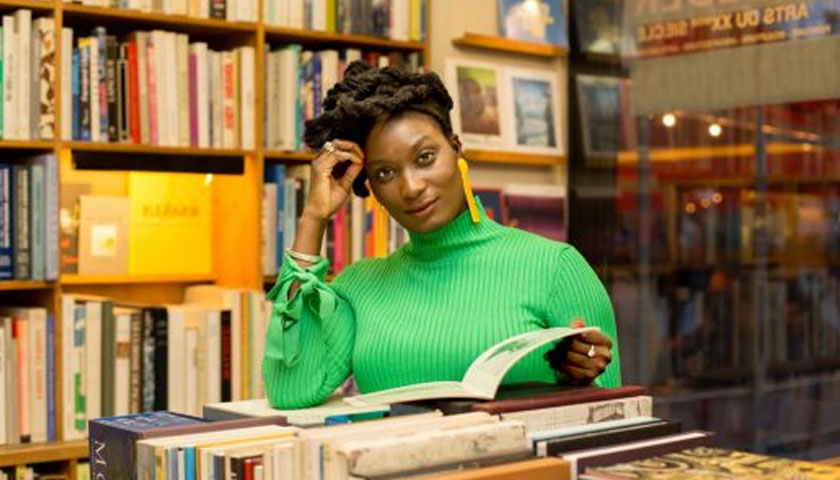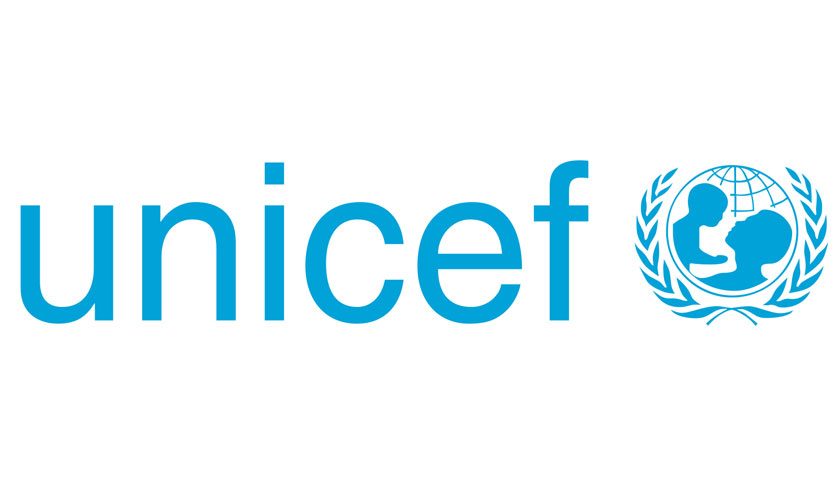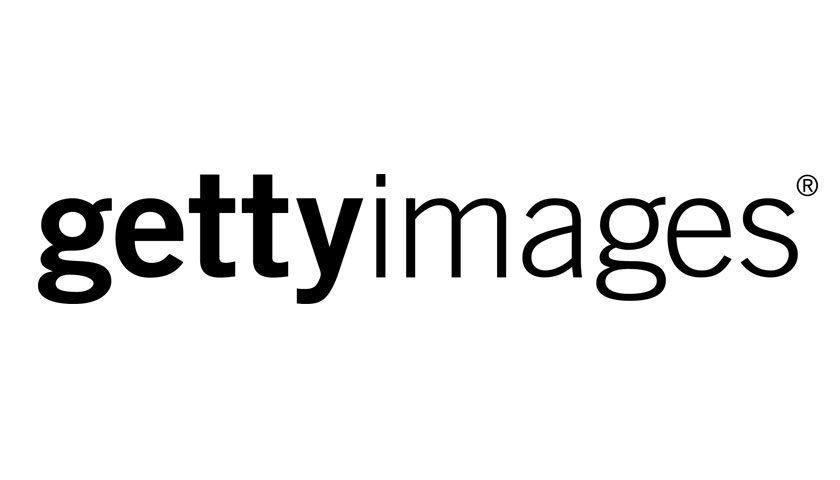Getty Images, together with its partners Dove and Girlgaze, announces Project #ShowUs. With over 5,000 images, Project #ShowUs is the world’s largest stock photo library created by women and non-binary individuals to shatter beauty stereotypes and is available now for the media and advertising industries to view, license and use in their next project or campaign. The ambition? To come together and put an end to the narrow definition of beauty consistently portrayed around the world, setting a new standard for the authentic, diverse and inclusive representation of women across the world.
70% of women say they still don’t feel represented in the images they see every day. Many of us know the mantra “You can’t be what you can’t see,” yet despite this, and decades of work by Dove, Getty Images and Girlgaze to liberate women from limiting stereotypes, many images continue to impose unrealistic beauty standards that present a narrow view of who women are, what they should look like, and what they can achieve. Every day, women’s lives are affected by these limitations, exclusions and stereotypes. It affects their health, relationships and the opportunities they are given.
Project #ShowUs is created in partnership with Dove – and Girlgaze – a network of 200,000 female-identifying and non-binary creatives from all around the world. This ground-breaking library of images will be available for use by media and advertisers from today as Getty Images, Dove and Girlgaze calls upon creative and media professionals to join them in redefining how women are represented in the images we see around us every single day; celebrating a more diverse and inclusive portrayal of beauty and supporting the confidence of women around the globe by showing them as they want to be seen.
Project #ShowUs
- A year in the making, the library features more than 5,000 photographs
- Every image shot by 116 Girlgaze photographers; representing a diverse global community of women, non-binary and female-identifying photographers
- Featuring individuals from 39 countries and counting; each image created by women and non-binary photographers who understand the beauty landscape of that country for a more authentic, hyper-local and inclusive representation of beauty
- For the first time on Getty Images, every individual of the 179 photographed has personally defined their own search descriptions and tags for their images, allowing them to define their beauty in their own language, on their own terms, ensuring they feel realistically represented
Why now?
70% of women still don’t feel represented in media and advertising; the move to a broader definition of beauty has never been more pressing. In one of the largest global studies of its kind, Dove research study shows that 67% of women are calling for brands to step up and start taking responsibility for the stock imagery they use. On Getty Images, the search term “real people” has increased +192% over the past year, “diverse women” by +168%, and “strong women” by +187% providing more evidence of the demand for a more realistic portrayal of women and beauty. There is also huge need for stock imagery to include women in more progressive and empowering roles and scenarios with “women leaders” up by +202%.
Women wish media and advertisers did a better job of portraying women of physical diversity with two thirds (66%) currently feeling there is limited body shapes and sizes and 64% feeling characteristics such as scars, freckles and skin conditions are unrepresented.
The constant bombardment of beauty stereotypes is making 7 in 10 women feel pressurised to reach an unrealistic standard of beauty, contributing to an appearance anxiety epidemic. Women who feel worse about themselves as a result of seeing a narrow definition of beauty day in, day out is impacting their daily lives – from being assertive (30%) to wearing the clothes they want (49%) or expressing their true identity (37%).
Dr Rebecca Swift, Creative Insights Director at Getty Images, comments: “Getty Images is a passionate champion for the realistic representation of all through imagery, and through this partnership is proud to be leading the visual industry to change the way women’s beauty is represented in media and advertising. Whilst we’ve seen a positive shift in the popularity of photography that realistically represents women, there’s a lot more to be done. Project #ShowUs will break visual clichés on an unprecedented scale, and we invite all media and advertisers to join the movement.”
“Dove understands the impact unrealistic images of beauty can have on a women’s body confidence and their subsequent ability to reach their full potential. For over 60 years, we have believed in liberating women from narrow beauty ideals and have showcased beauty diversity in our advertising. However, this is not enough, and we cannot make the systemic change we need alone.” says Sophie Galvani, Global Vice President, Dove. “Hence Project #ShowUs – we have spent over a year creating the world’s largest image bank of over 5000 beauty images breaking beauty stereotypes, and we are now inviting media and advertisers to license the images and join us to take real tangible action. The images have been created and self-tagged by women themselves and as well as asking media and advertisers to licence them for their upcoming projects, we are also offering women around the world the opportunity to become part of the change and add their images to the library.”
Professor Phillippa Diedrichs, body image expert at the Centre for Appearance Research at the University of the West of England, comments: “On a daily basis, women and girls face a relentless stream of media images displaying narrow, unrealistic, and outdated portrayals of beauty and what it means to be a woman. Several decades of scientific research shows that exposure to these images has a negative impact on women’s and girls’ body confidence and beliefs about what they are capable of. Further, when women and girls experience body dissatisfaction, they experience negative consequences across key areas of their lives, including their health and well-being, their relationships, and their aspirations in education and work settings. On the other hand, displaying diverse and realistic portrayals of women’s bodies, like the images in Project #ShowUs, leads to improved body confidence.”
Amanda de Cadenet, Founder and CEO of Girlgaze, comments: “Girlgaze was born out of a need to center the female perspective and secure paid jobs for women and non-binary creatives. Project #ShowUs is a game changing initiative, as we know when there’s more diversity behind the lens, there is more diversity in front of it. Generated through our jobs platform; the Girlgaze Network, by our global community of female-identifying and non-binary photographers, we are proud to have hired over 300 creatives to create images that truthfully depict female beauty—and in doing so, are also one step closer to closing the gender gap and centering inclusive beauty.”


